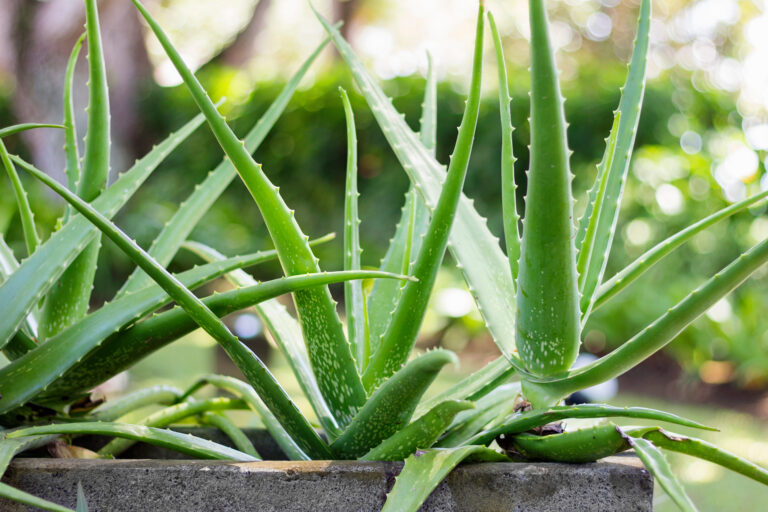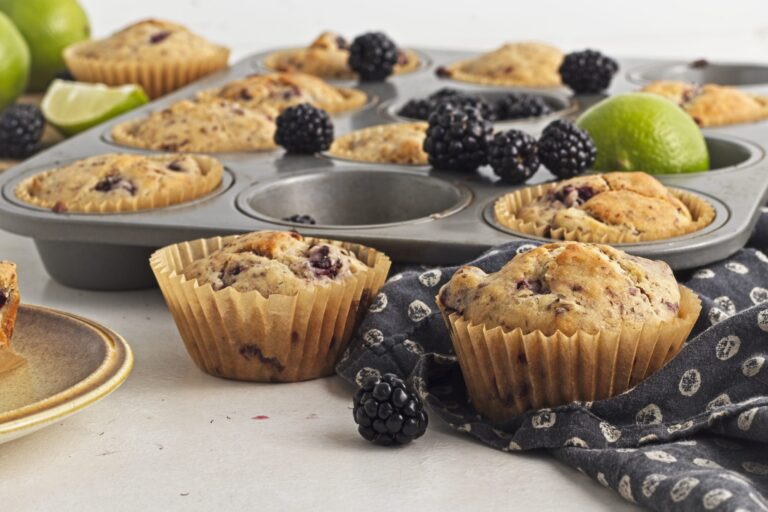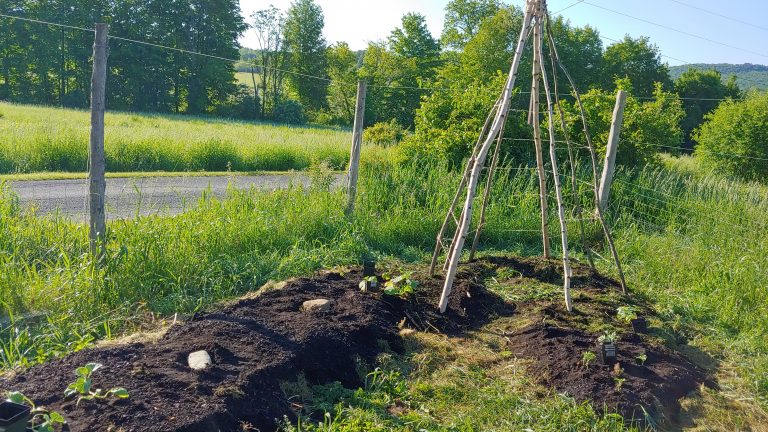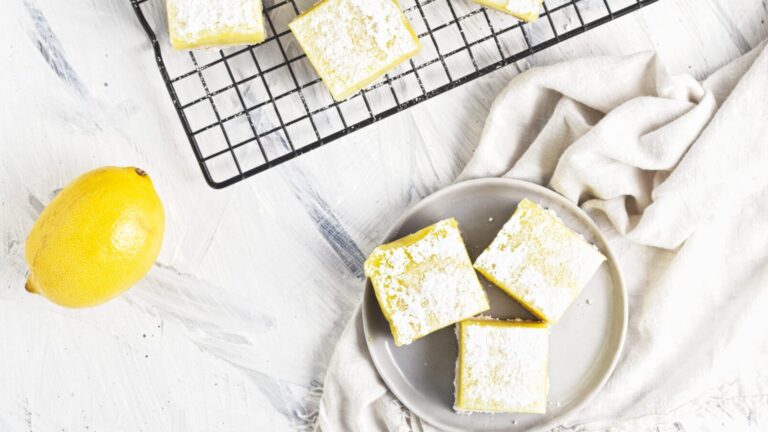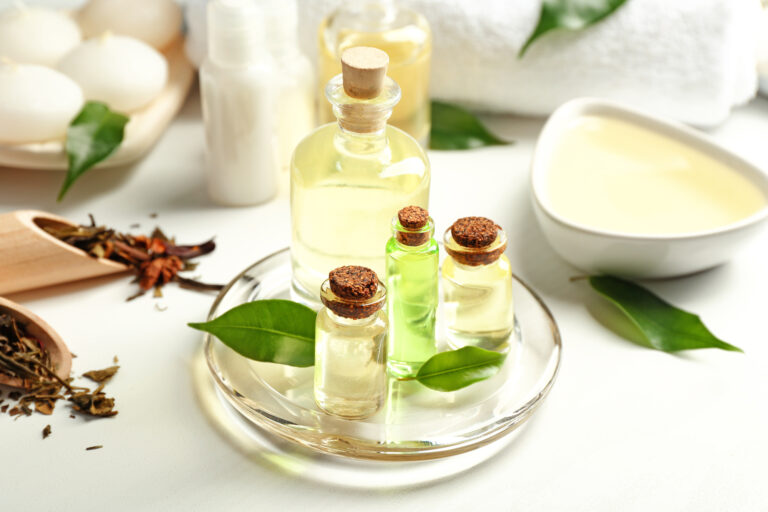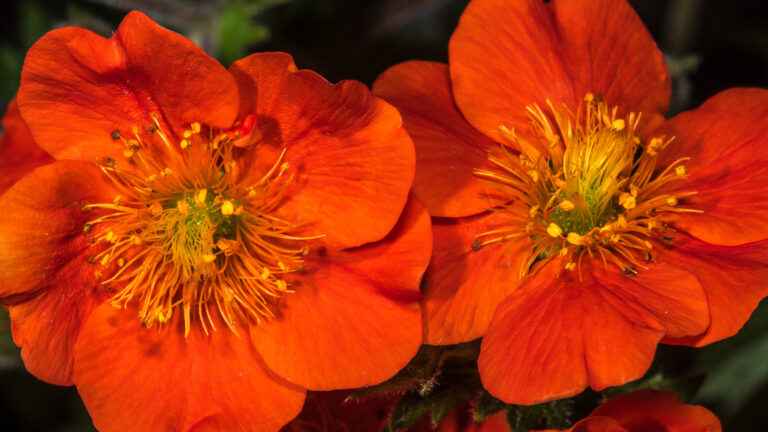This post may contain affiliate links.
The secret to growing healthy and lush plants in your garden is using the right ingredients and tools – many of which you might already have in your pantry or among the everyday items you use.
Instead of purchasing costly fertilizers or pesticides, there are effective homemade alternatives that can significantly support your gardening efforts.
Here are 11 ingredients to consider.
Compost

Compost is a fantastic mulch, especially for vegetable gardens, as it enhances soil quality and supplies essential nutrients. It’s particularly beneficial to add to soil high in clay, as it helps to loosen the soil and improve drainage.
Related: How to Improve Clay Soil for Gardening
Shredded Leaves

Using shredded or dead leaves as mulch can naturally fertilize the soil, slowly releasing nutrients without the need for synthetic fertilizers.
Shredded leaves are a good mulching solution for a large garden, as they are readily available and easily applied. However, they do not last very long and must be replaced often. Covering at the end of the season when they will over-winter is recommended. This allows them to decompose into the soil between planting seasons and add nutrients.
Related: How to Mulch a Vegetable Garden
Grass Clippings

Fresh cut grass, free from chemicals, acts as a nitrogen-rich mulch around vegetables, especially beneficial for leafy greens due to its nitrogen release during decomposition. Untreated grass clippings help suppress weeds and retain soil moisture. Spread thinly to prevent water blockage.
Related: 7 Natural Ways to Add Nitrogen to Your Garden Soil
Coffee Grounds
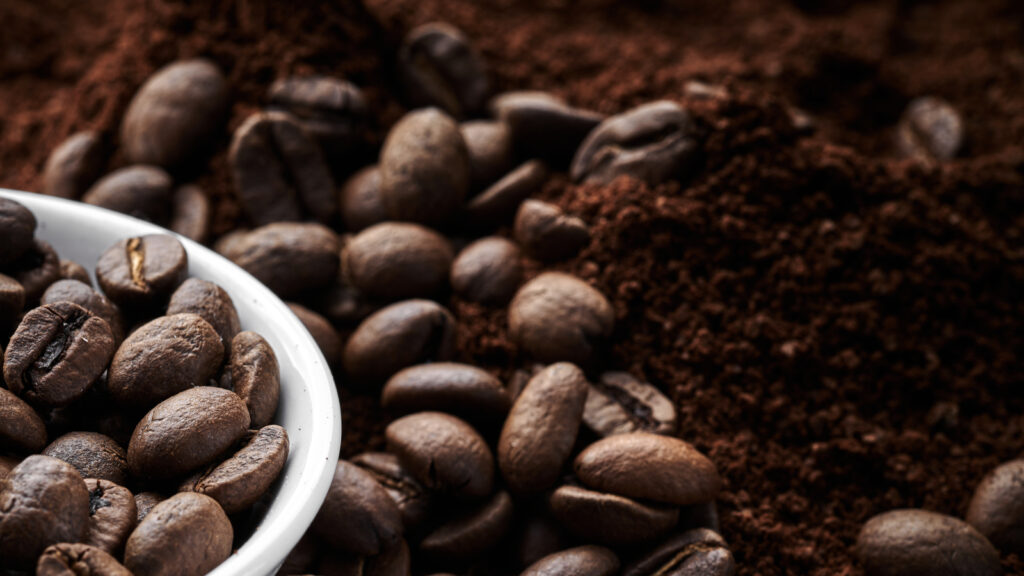
Mixing used Coffee Grounds into your soil is a great way to add nitrogen. Coffee Grounds decompose gradually and create space for aeration in the garden. This is especially great if you drink coffee regularly. This is a great way to repurpose used coffee grounds.
Coffee grounds are especially good for acid-loving plants like roses and azaleas, providing essential nutrients.
Related: 19 Stunning Red Flowers to Add Bold Color to Your Garden
Composted Manure
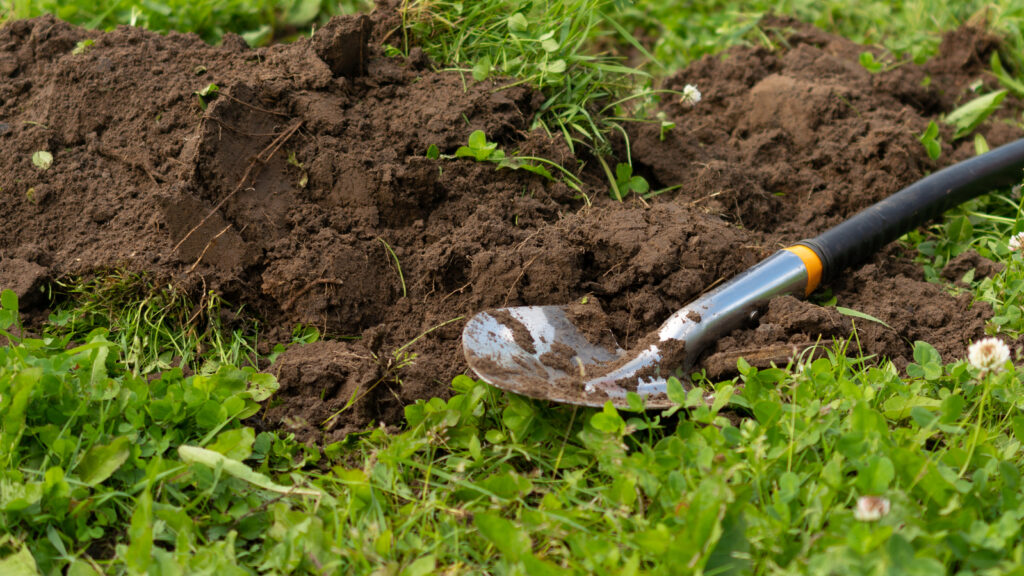
You can use composted manure if you’re a homesteader, farmer, or someone with animals on your property. This nutrient-rich material is derived from your animals. While various types of manure exist, chicken manure boasts the highest nitrogen content, followed by horse and cow manure.
To ensure its effectiveness and safety for your garden, fresh manure should be composted or left to rot for at least six months to a year before application. If obtaining fresh manure isn’t feasible, you can conveniently purchase aged manure in bags from a garden center.
Related: 10 Compelling Reasons to Start Composting Today
Banana Peels

Banana peels can be used as mulch or turned into banana peel tea by steeping in water, offering an excellent fertilizer that releases nutrients into the soil.
Eggshells
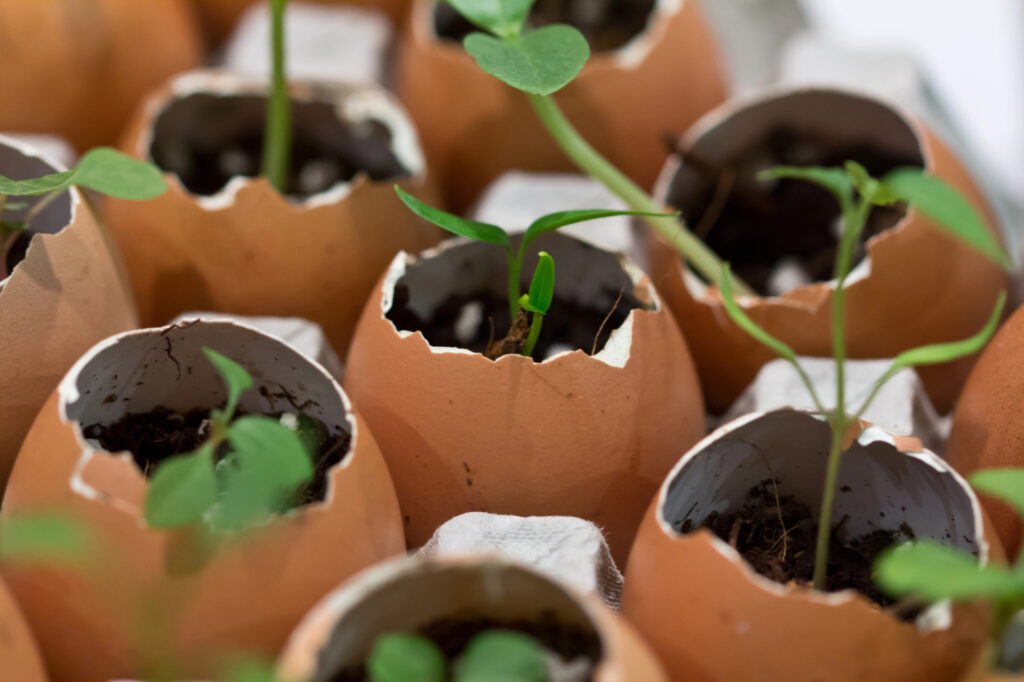
Eggshells, often dismissed as kitchen waste, are gardening gold. Rich in calcium carbonate, a mineral that’s essential for plant health, eggshells offer a sustainable and cost-effective way to enrich your garden.
Eggshells prevent plant calcium deficiency and serve as biodegradable pots for seedlings.
Related: 11 Uses for Eggshells in Your Garden
Wood Ash

Wood ash increases soil alkalinity, benefiting acidic soils. Always cool the ash before use and test your soil first.
Clever Ways to Reuse Sawdust From Your Recent DIY Project
Compost Tea

Enhance your plants’ vibrancy with compost tea, a liquid solution rich in beneficial microorganisms brewed from your compost pile.
Baking Soda

Sprinkling baking soda on soil can encourage blooms in alkaline-loving plants and prevent fungal growth due to its alkaline properties.
Related: Clever Ways to Use Baking Soda Around the House
Club Soda

Unflavored, flat club soda nourishes plants with essential nutrients, promoting greener leaves and stronger roots.
12 Delicious Herb Plants to Grow in Water
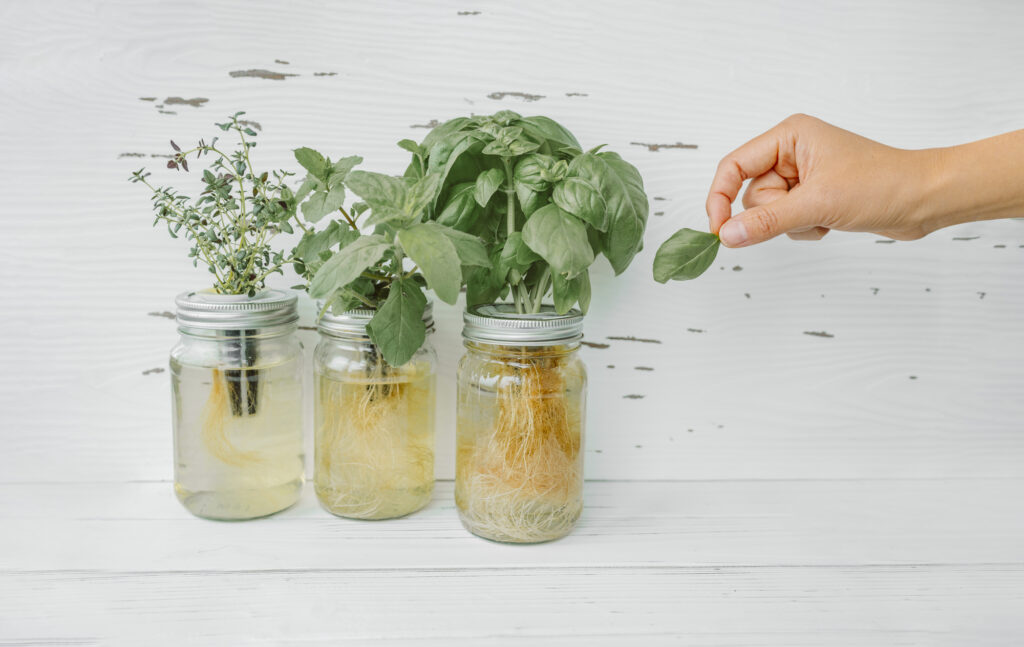
Instead of constantly buying fresh herbs from the store or waiting for seeds to sprout, you can easily grow your favorite herbs at home using only water. Here’s a list of 12 herb plants you can start growing today in just water.
12 Herb Plants to Grow in Water
How to Outsmart Gnats to Keep Them Away From Your Houseplants
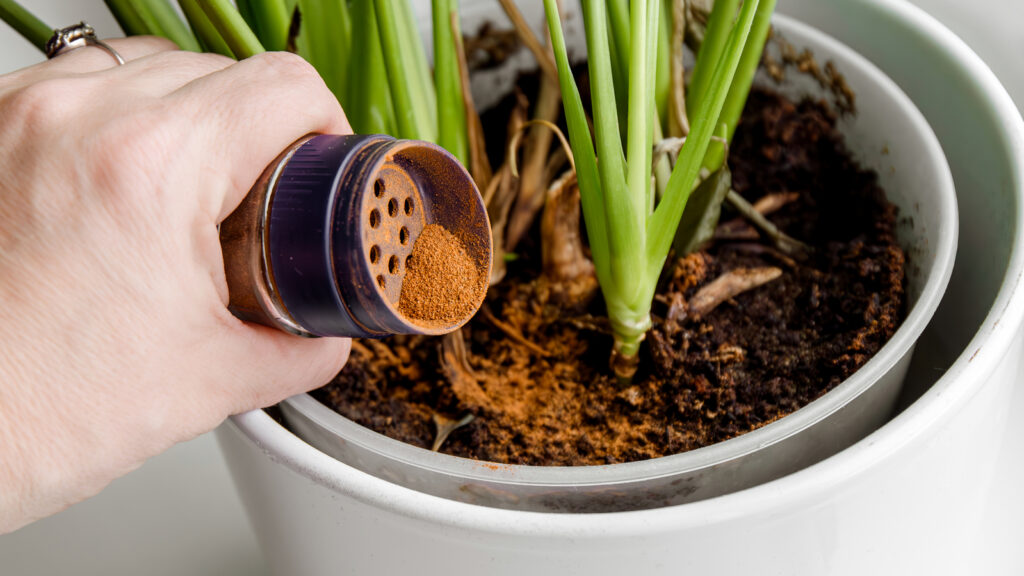
Gnats are more than just a minor annoyance; these tiny pests buzz around with a persistence that’s hard to ignore. Here are ten effective ways to keep gnats away from your house plants.
How to Outsmart Gnats to Keep Them Away From Your Houseplants
Plants to Grow Now for a Mosquito-Free Summer
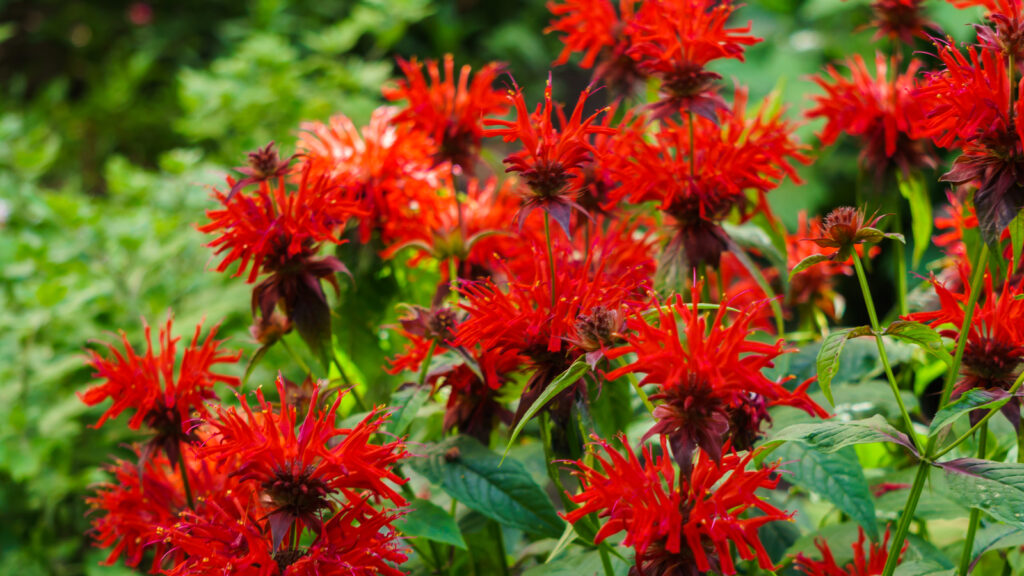
Here are some of the best plants that you can grow in your yard to help keep the mosquitoes at bay.
